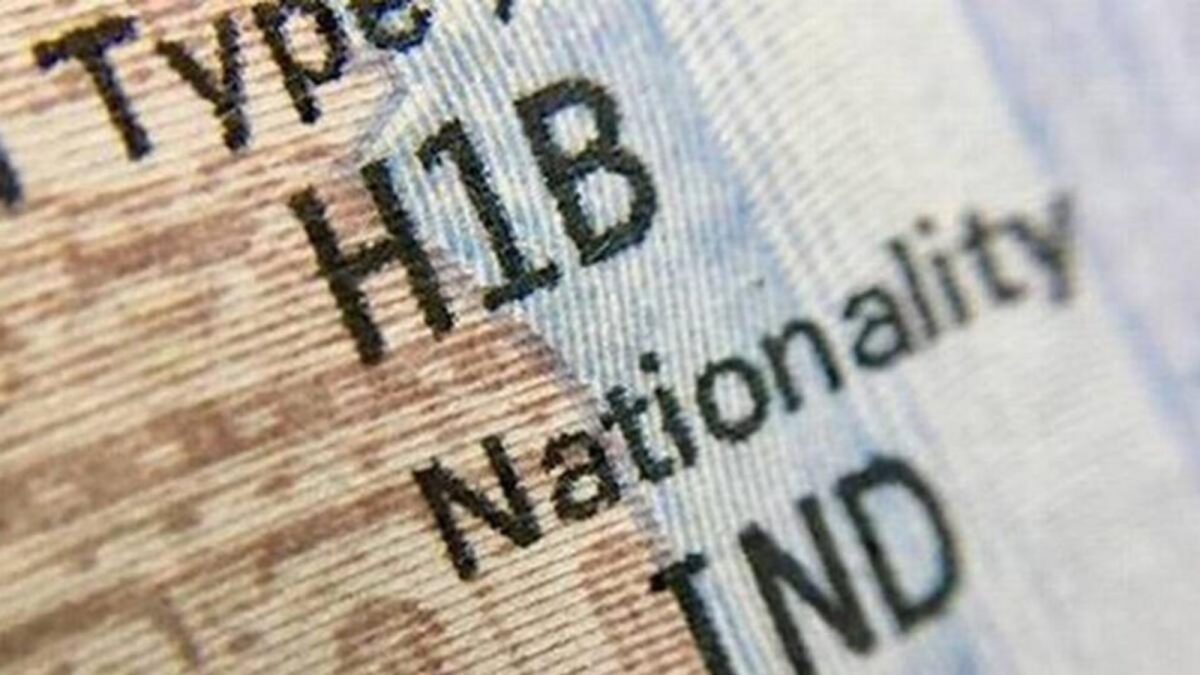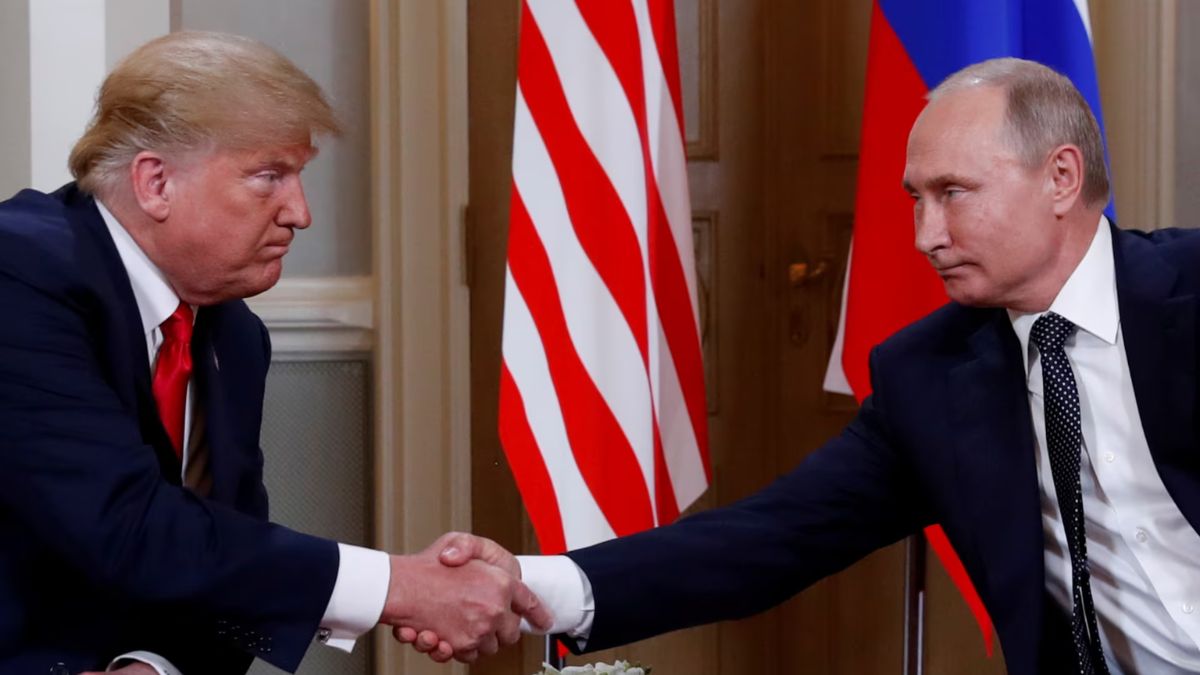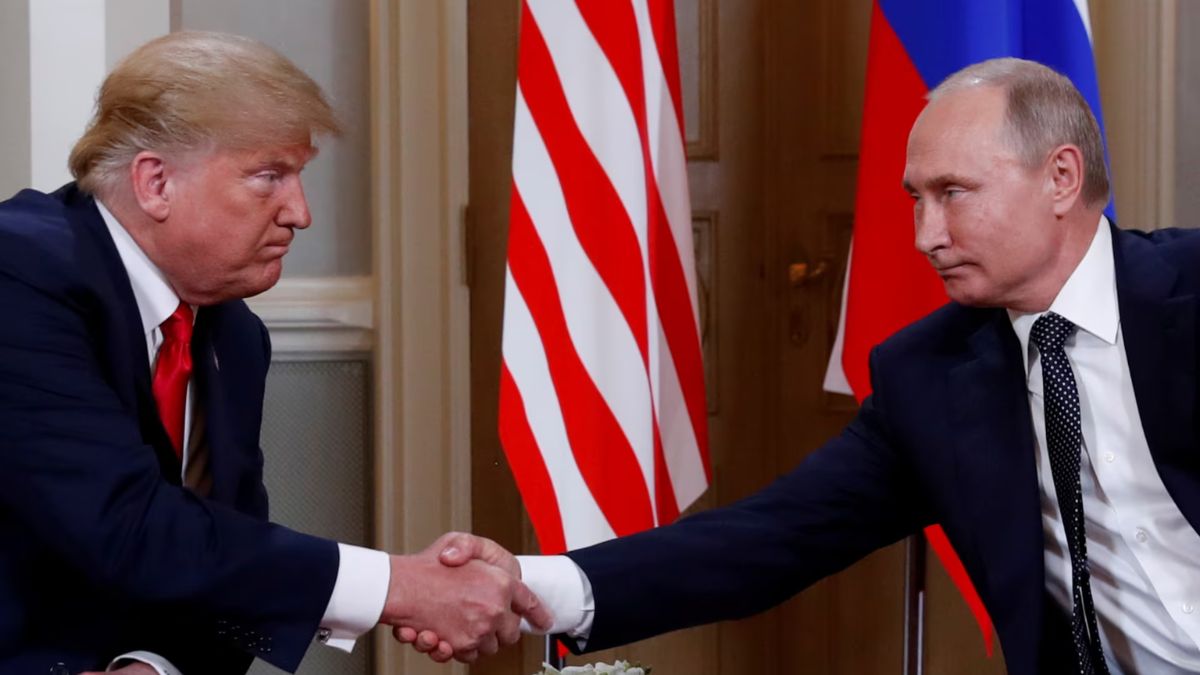The Donald Trump administration of the US is considering major reforms to the H-1B visa issuance process. On July 17, the Department of Homeland Security (DHS) submitted a filing to the Office of Information and Regulatory Affairs, proposing a “weighted selection process” for applicants within the capped segment of the programme.
With applications far exceeding available slots, the current system relies on a lottery to select recipients.
The DHS filing offers limited specifics on the weighted selection process but notes it would apply to the programme’s capped portion, currently set at 85,000 visas annually, with 20,000 reserved for workers holding at least a Master’s degree.
The US Citizenship and Immigration Services (USCIS) will continue overseeing visa applications. Currently, H-1B visas are allocated through a random lottery, treating all applicants equally regardless of qualifications or employer. However, tech giants like Amazon, Meta, and Microsoft benefit from submitting large numbers of applications, increasing their share of visas.
Universities and research institutions, exempt from the cap, can hire foreign talent year-round.
H-1B salaries to rise drastically
In January, Jeremy L. Neufeld and the Institute for Progress (IFP) studied the impact of replacing the lottery with a salary-based ranking system.
Their analysis found that average first-time H-1B salaries would jump from $106,000 to $172,000, significantly altering the labour market. This shift would disrupt outsourcing firms reliant on lower-wage visa workers and favour highly skilled professionals, particularly PhD holders, by prioritising specialised talent.
The study estimated the H-1B programme’s economic value could increase by up to 88 per cent if applications were judged on factors like salary or seniority.
Impact Shorts
View All“The USCIS is in the process of writing a rule to end the H-1B lottery and replace it with a weighted selection method. That’s good news. The USCIS should stick as closely as possible to a raw salary ranking (no 4 levels), with boosts for younger workers and low cost-of-living,” Connor O’Brien, a researcher at the Economic Innovation Group, posted on X.
“The H-1B is the primary way through which the United States attracts high-skilled immigrants. That it is randomly allocated (among eligible applicants) is insane. America deserves better!”, O’Brien continued.
Indian nationals continue to dominate the H-1B programme. In 2022, they secured 77 per cent of the 320,000 approved visas, a trend that persisted in fiscal year 2023, with 72.3 per cent of the 386,000 visas issued going to Indians.


)
)
)
)
)
)
)
)
)



